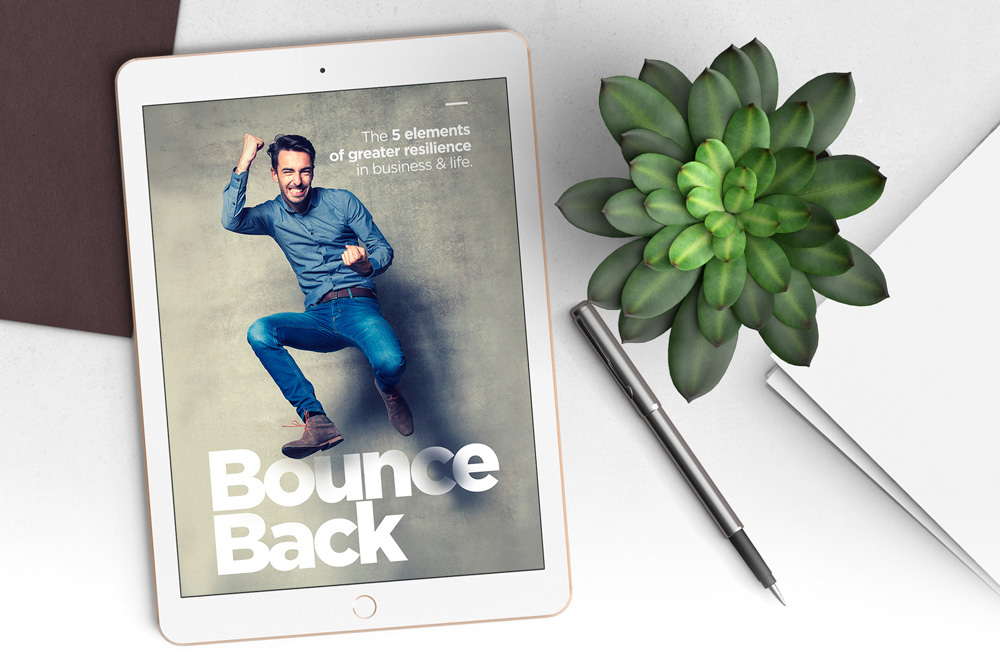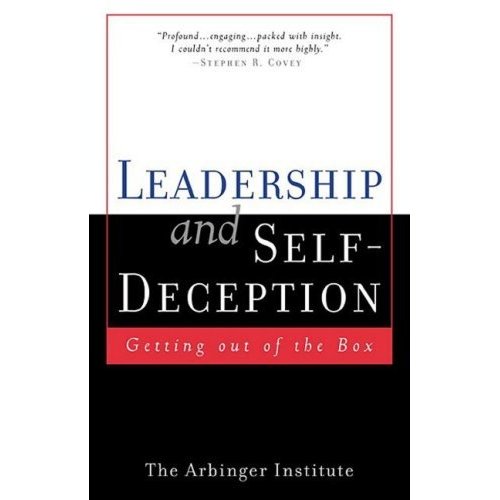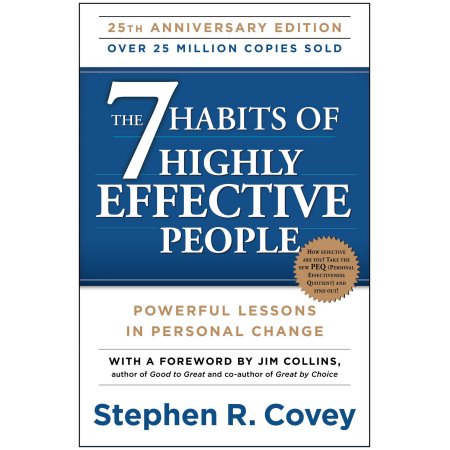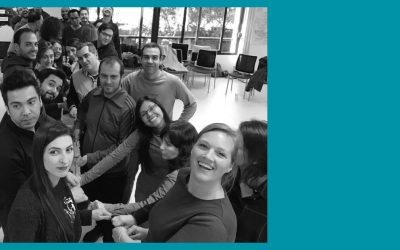Stepping Up. On responsibility & proactivity.
I would go as far as arguing that taking responsibility and proactivity in a healthy way is almost like the holy grail. A bit of a statement, I know. However, through my work I have witnessed in others, but also in myself, that taking responsibility, accepting that we have a power of choice and actually doing something about it, as empowering as it can be, is also damn scary. Let’s face it, if we can, sometimes, we try to get away with blaming others, judging others and basically claiming that it’s not our fault.
“Being truly oneself involves accepting responsibility for the well-being of others.” E. Deci
This is why in leadership, team cohesion and conflict management, the recurrent them of responsibility and proactivity rises daily like the sun.
Let’s have a look at this. Taking responsibility is often confused with obligation, higher moral grounds or commitment. Yet, the basic idea of the matter is to make conscious decisions with all its consequences. To be “able” to “respond” (I would add: “authentically“). By doing this, we step into action and can be proactive:
Proactive people recognize that they are “response-able.” They don’t blame genetics, circumstances, conditions, or conditioning for their behavior.
Stephen Covey
“Our greatest freedom is the freedom to choose our attitude.”
Victor E. Frankl
There are countless books on responsibility, proactivity and choosing your mindset proactively. I decided to pick my Top 3 with slightly different focus:
A Man’s search for meaning, by Victor E. Frankl; an account of how adapting his mindset to the unspeakable harsh reality of the WWII in Auschwitz’s made the difference between surviving or not.
Circle of Influence, again Stephen Covey on 7 Habits of highly effective People. Habit 1: Be Proactive is about taking responsibility for your life.
Leadership and Self-deception, The Arbinger Institute.
Try our Worksheet with simple exercises on how to step up!
**Quick peek into our WORKSHEET**
Putting it into practice
_Quickies 5min
A) Circle of Influence
Stephen Covey’s number one habit is Proactivity. You will have read his book 7 Habits of Highly Effective People. But even if it has been a while, you may want to check in again with the concept of the proactive versus reactive behavioural patterns. In simple terms, your level of frustration depends strongly on where you focus: Things you can’t change (i.e. the weather). If you learn to focus your attention on your circle of influence, where you have the power to change something, you will feel enable and proactive, stepping into action. This, in turn, promises feel-good-hormones!
B) Responsibility Model
Now, this model seems so simple yet again, but it’s such a powerful tool. I myself need to look at it at times and go, right Maike. Where did I get stuck?
Taking the responsibility is often confused with obligation, higher moral grounds or commitment. Yet, the basic idea of the matter is to make conscious decisions with all its consequences. Some decisions are more difficult than others; that’s obvious. However, our patterns of going through the process of coming to terms with our response-ability will go through like this:
Read more in our worksheet, get it here!
Always keen to know how you are getting on!
Maike

MAIKE STOLTE
Executive Coach. Consultant. Trainer. Facilitator.
Categories
Contact us

Burnout. COVID. New Normal: How to get yourself back into balance & recover!
By now, most of us share a similar feeling: we feel drained. For months now, we have been bravely facing the Covid-19 pandemic. I think it’s fair to say that it has taken its toll on us. No matter your context, you may have been dealing with the stress of the...
Relational leadership: Influence is trusting and being trusted
We are our relationships. When we foster positive relationships, we create positive environments, develop positive projects and bring positive change to the world. This power of relationships is the base of relational leadership, focused on the leader’s ability to...
Insights From Natural Leaders: With Yasmine Khater
We can always find inspiring natural leaders close to us! In this series of interviews, I’m talking to people who have touched my soul: small business owners, neighbors, friends & colleagues. Those who inspire me to spread the wisdom & insights of our common...








0 Comments